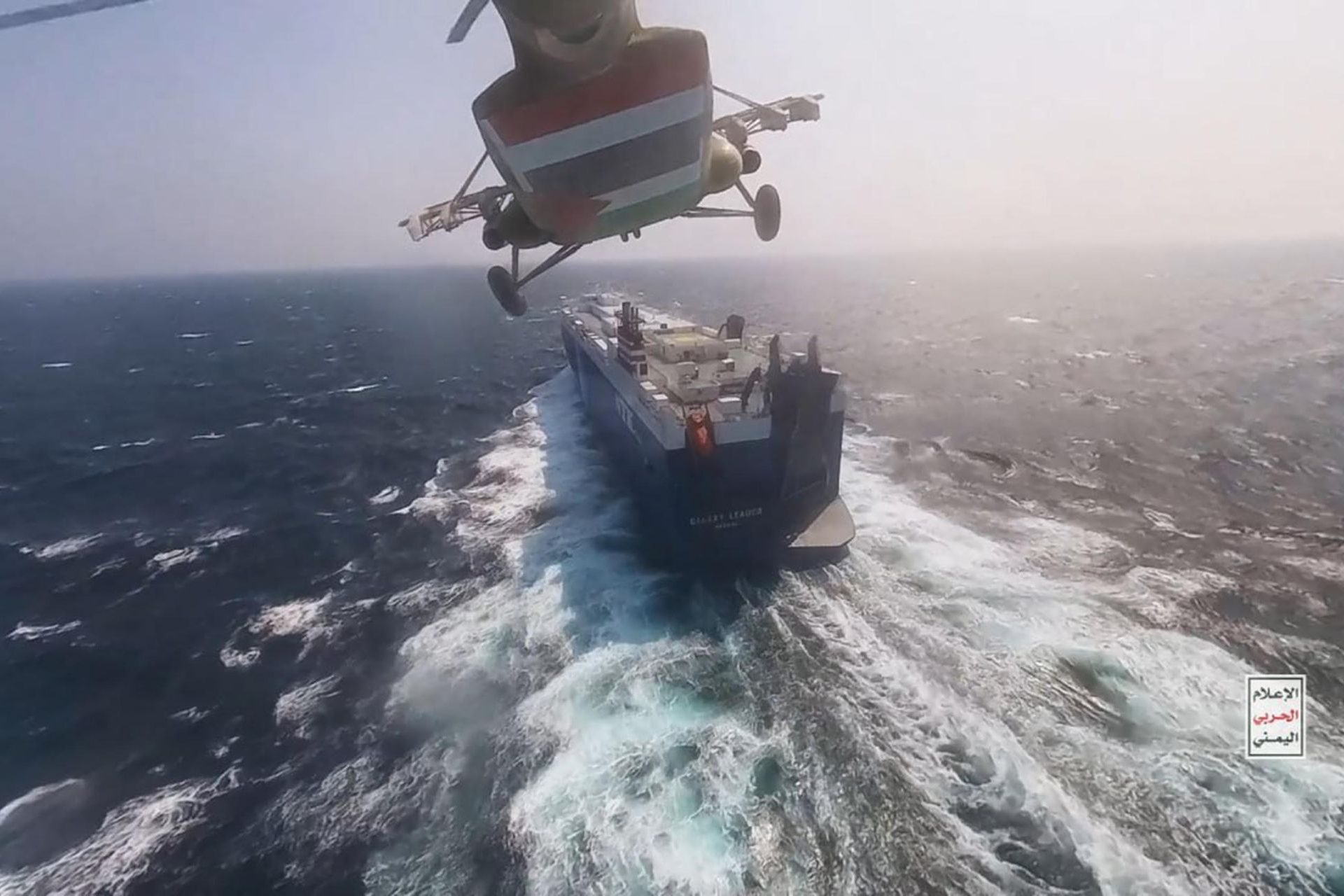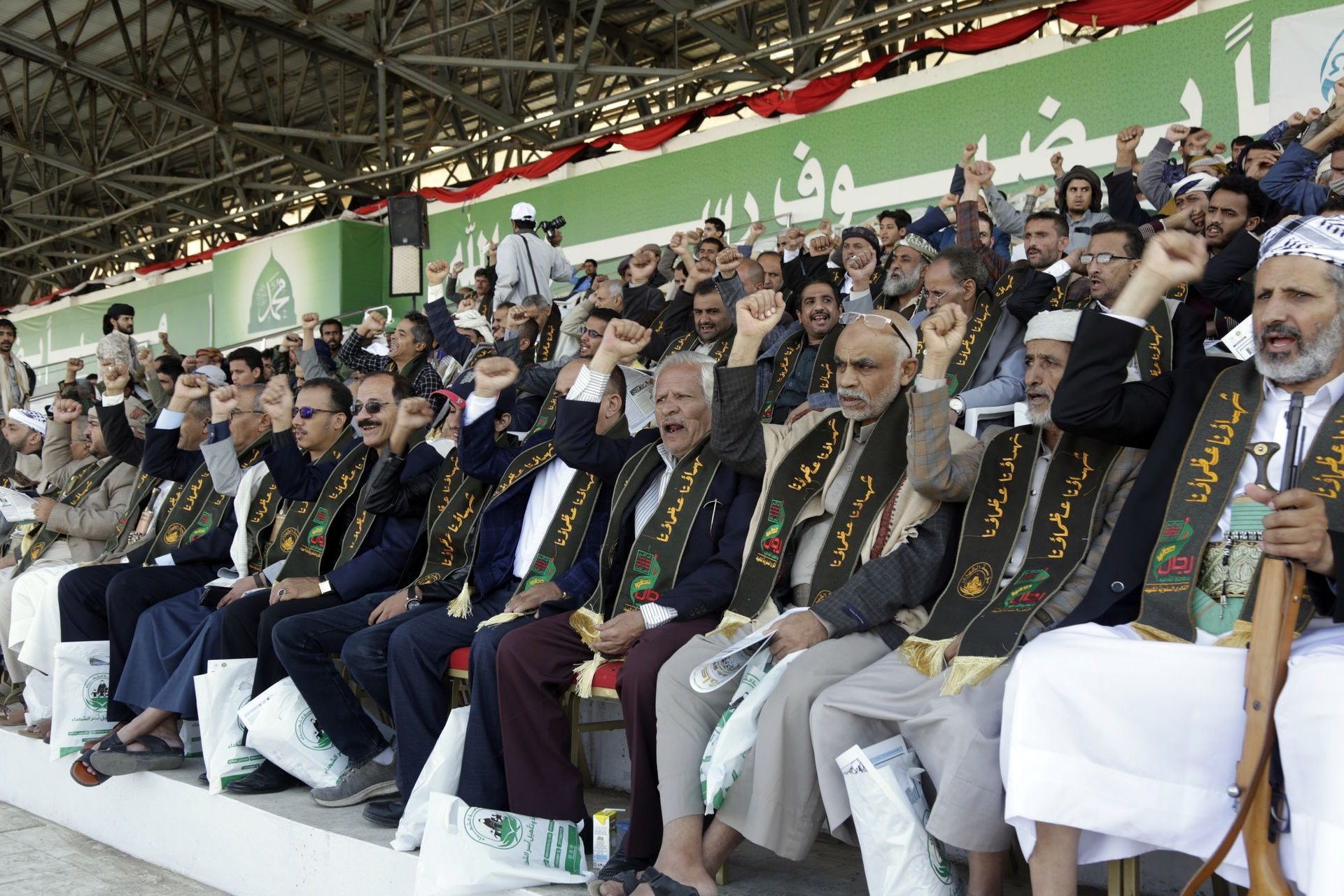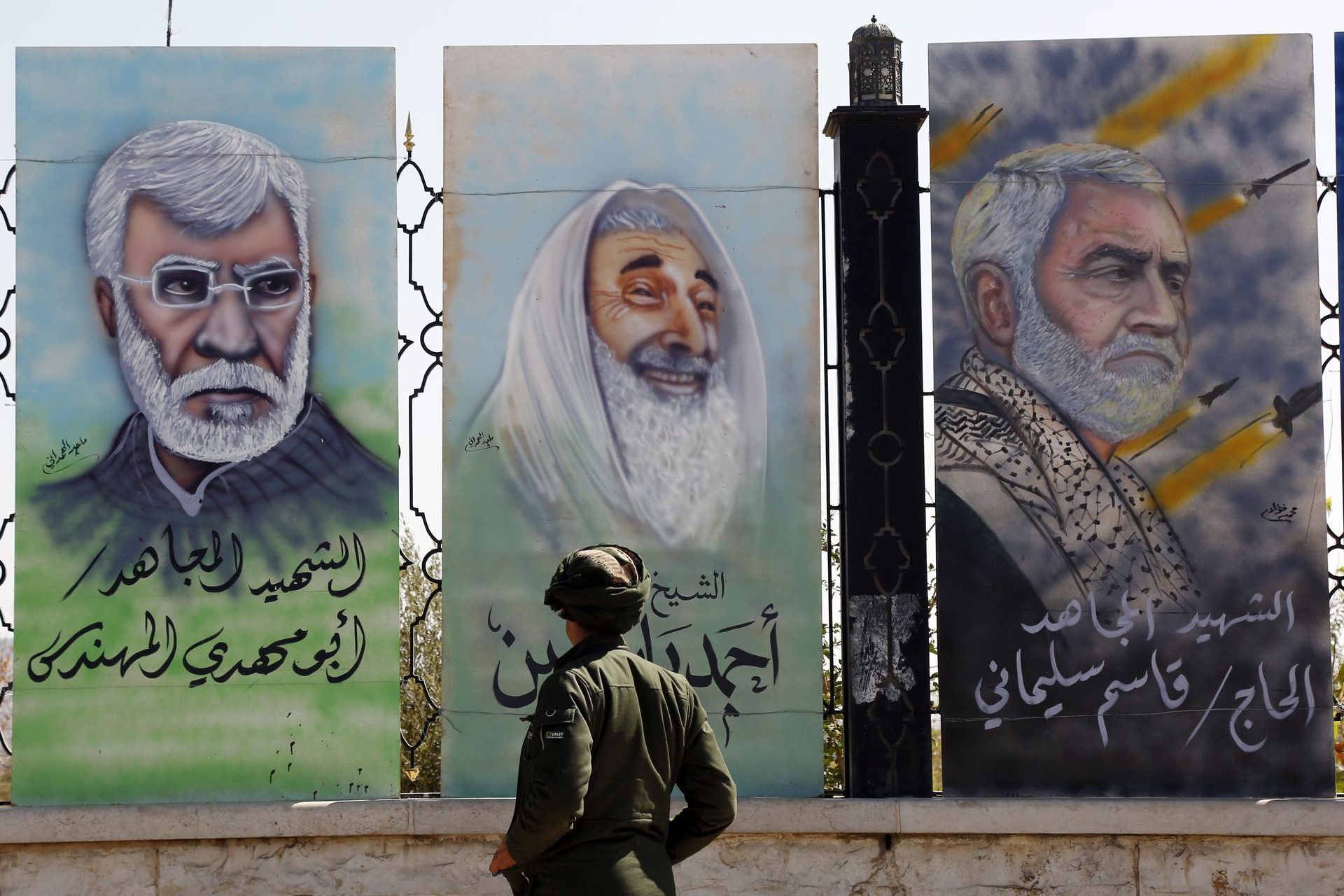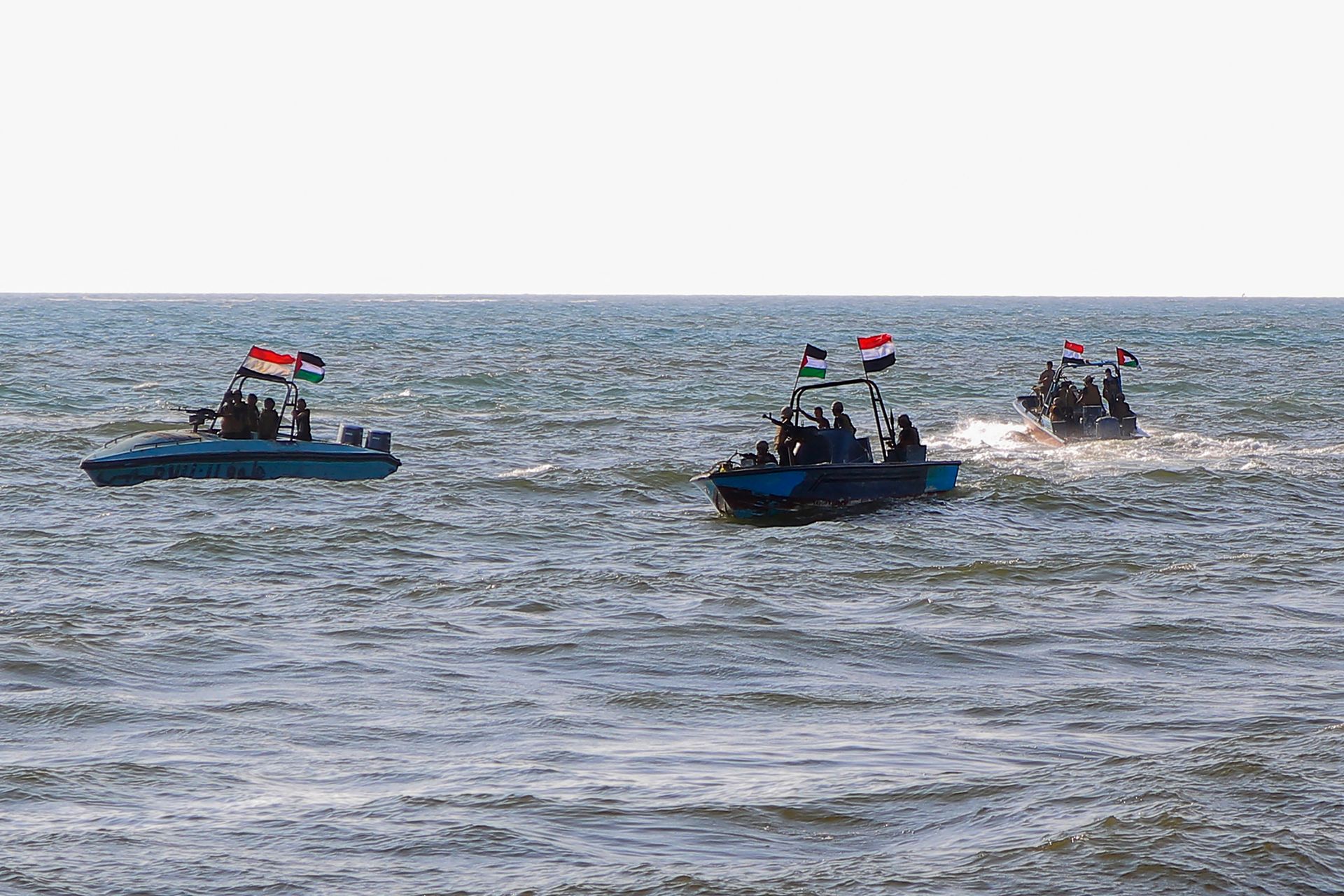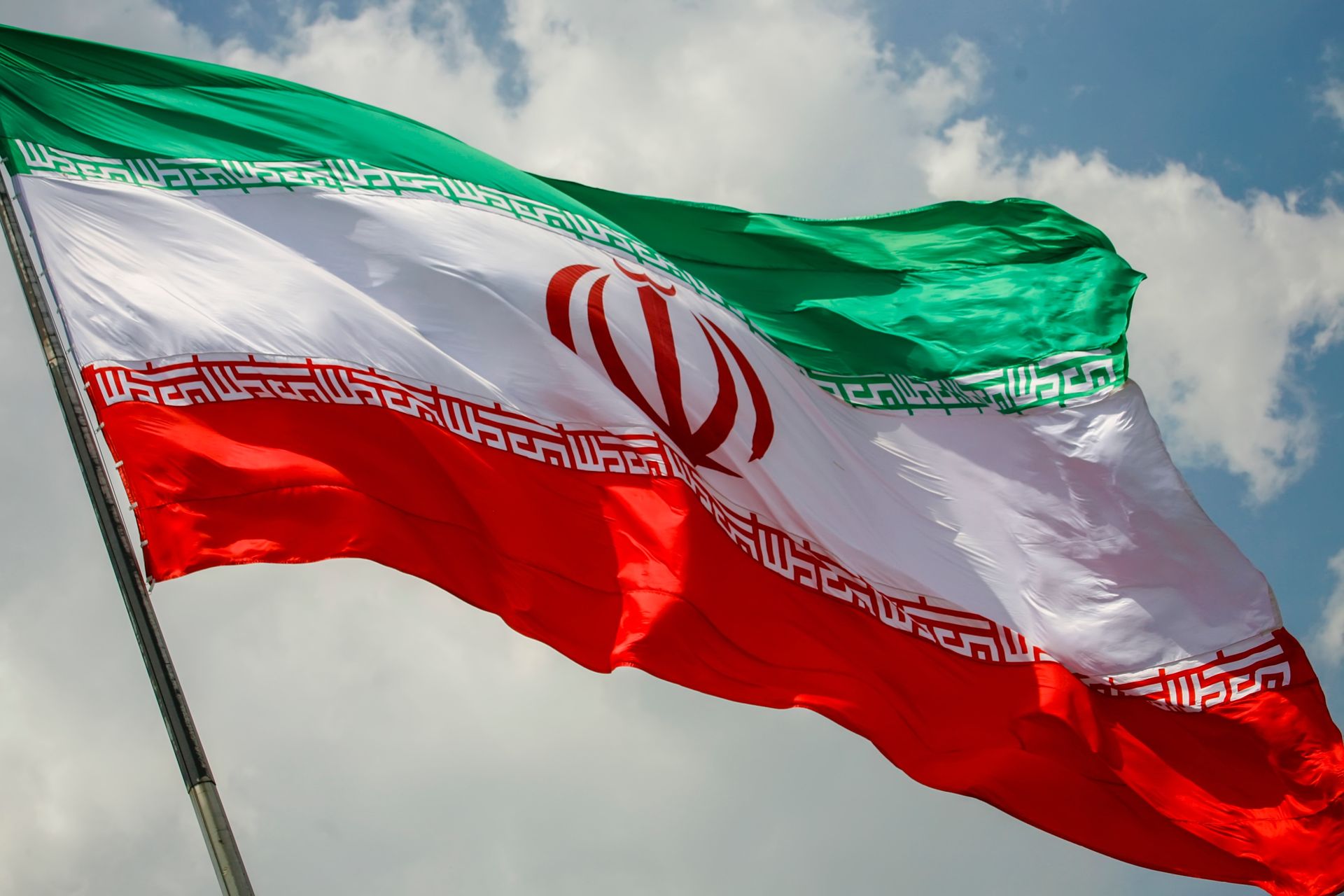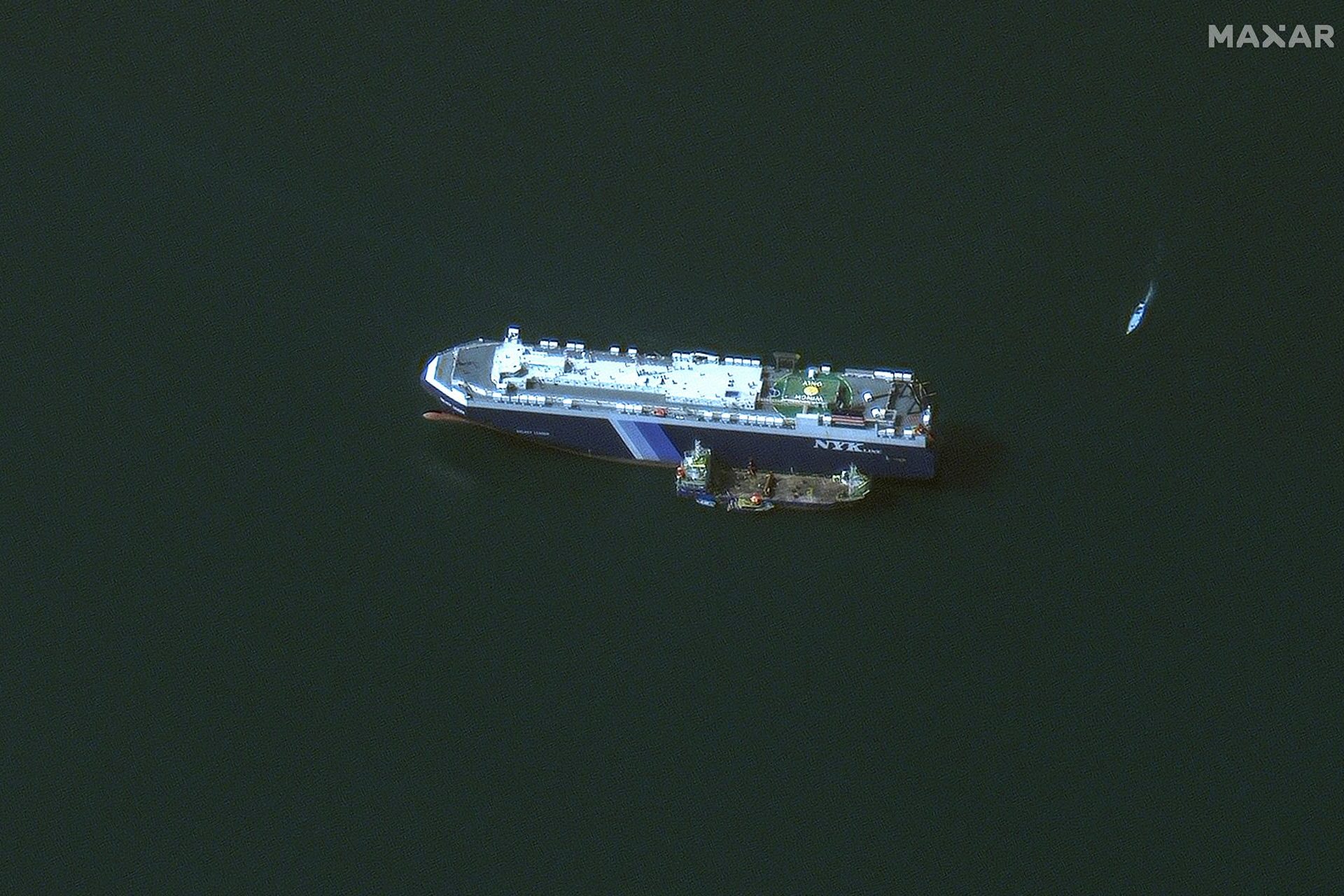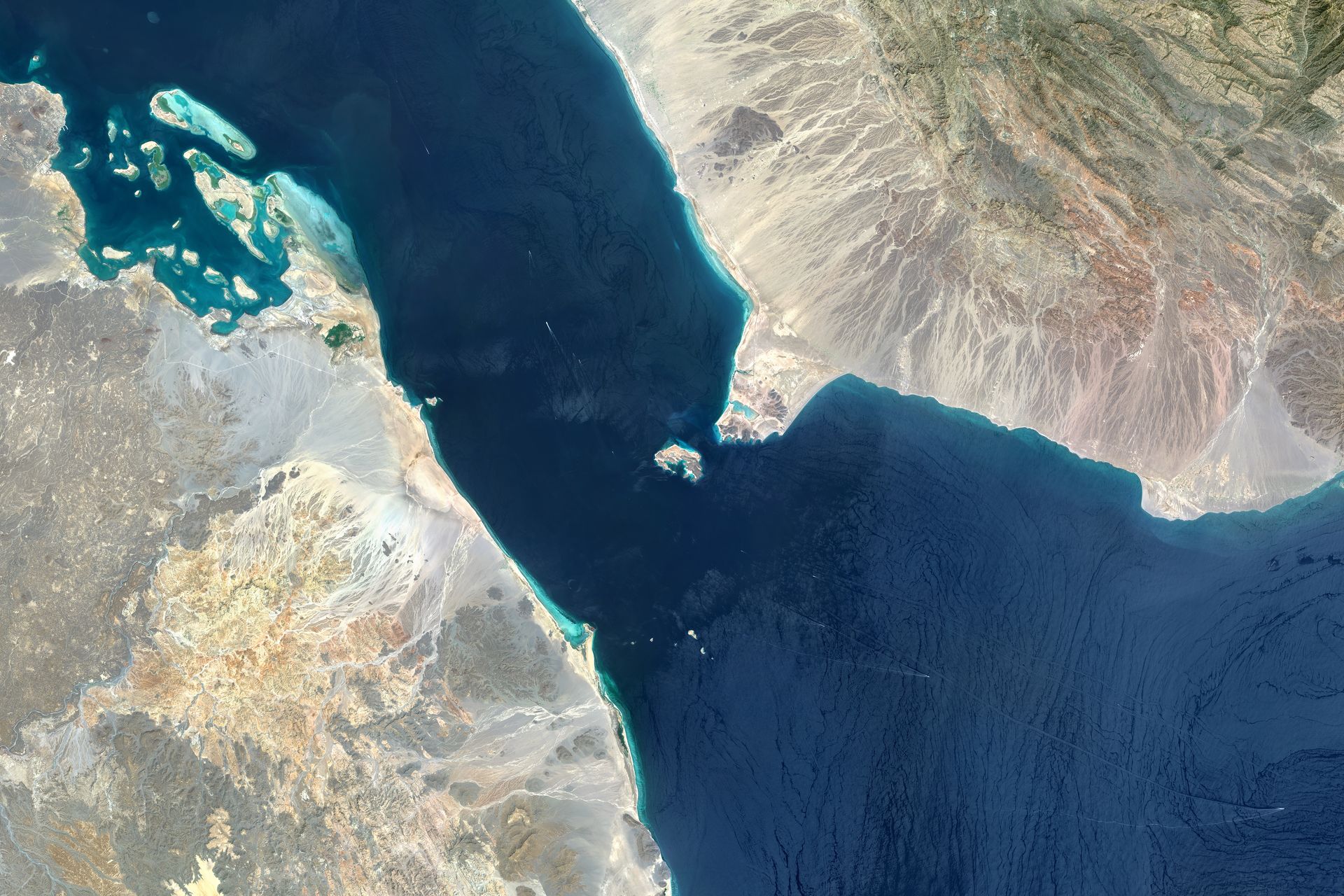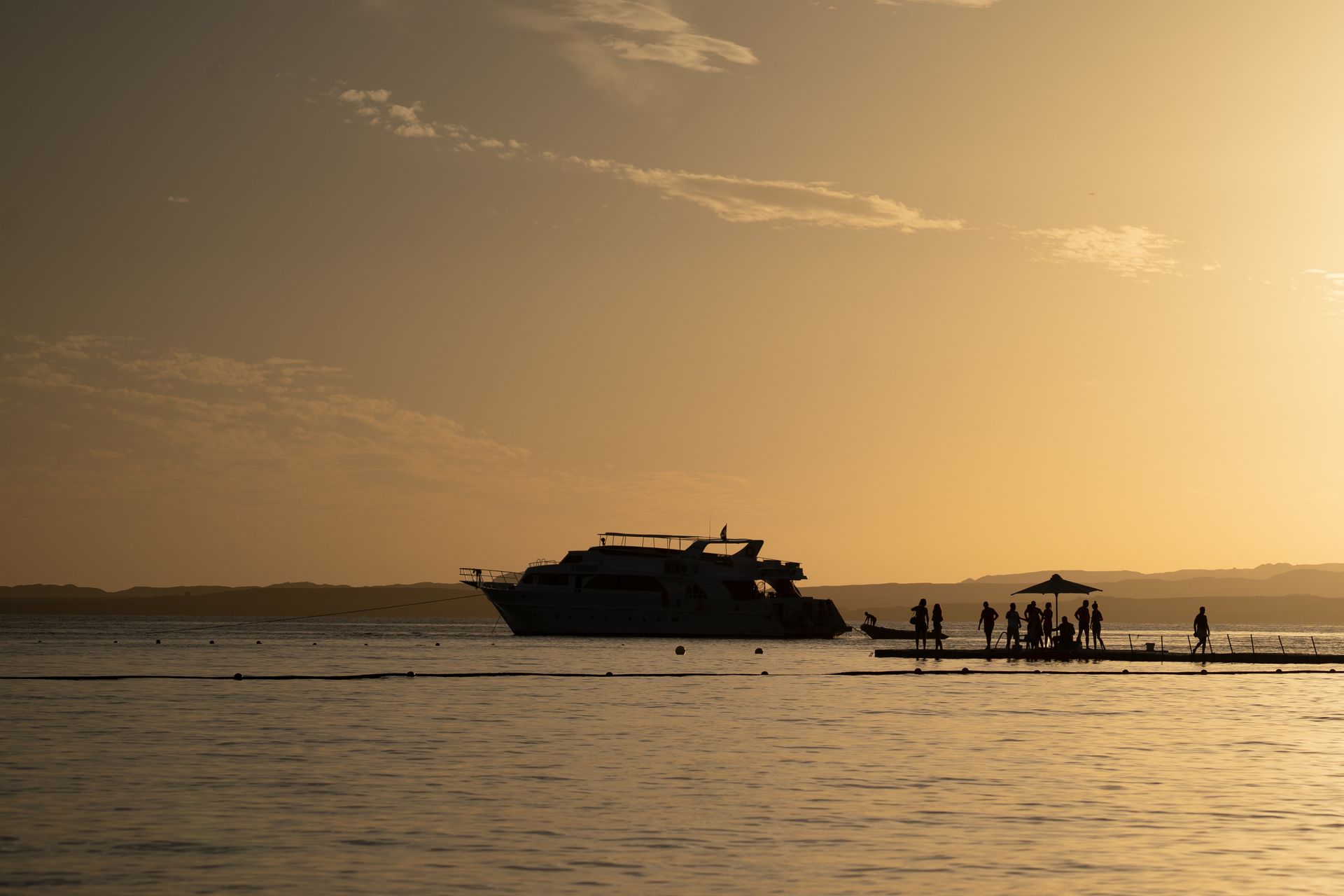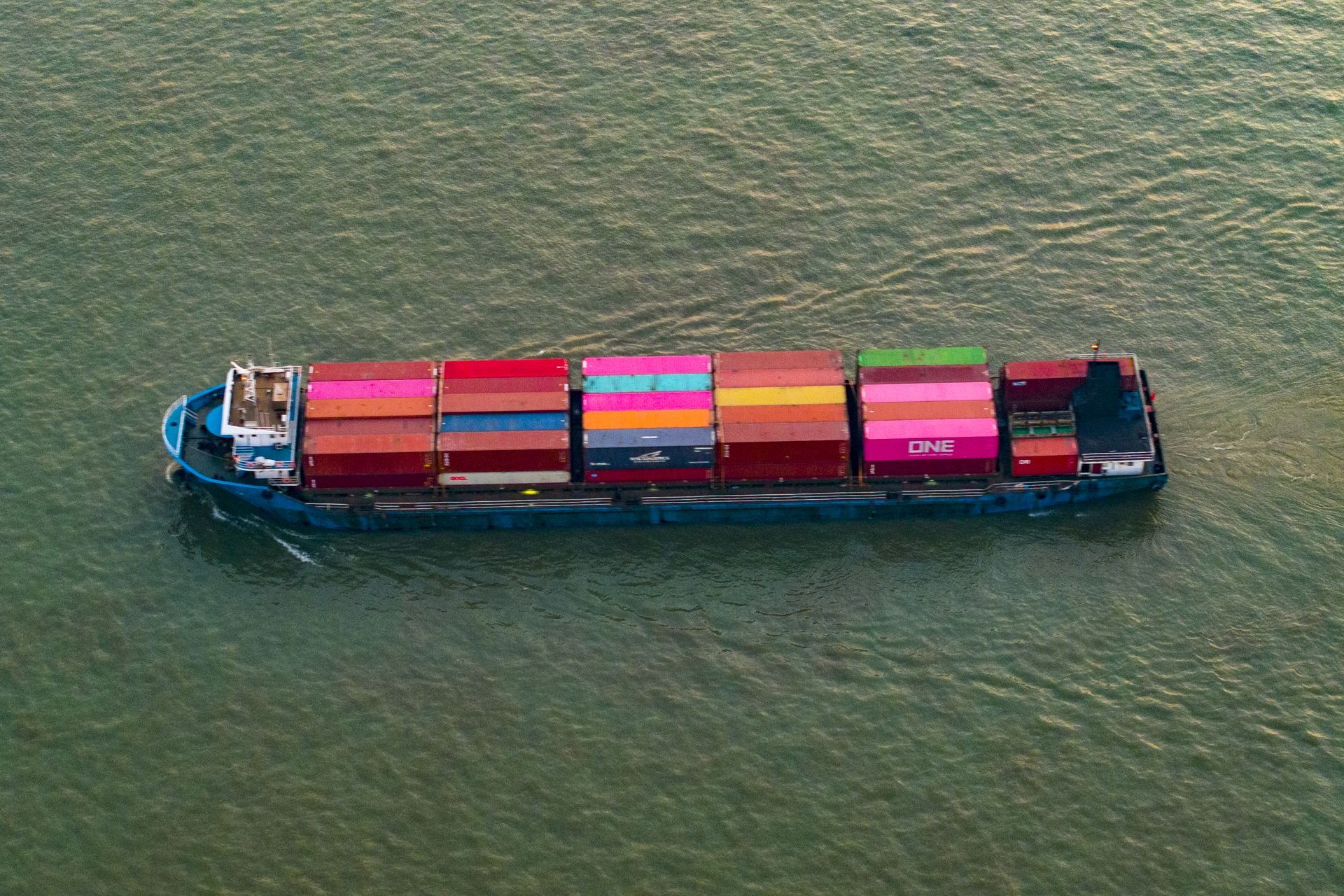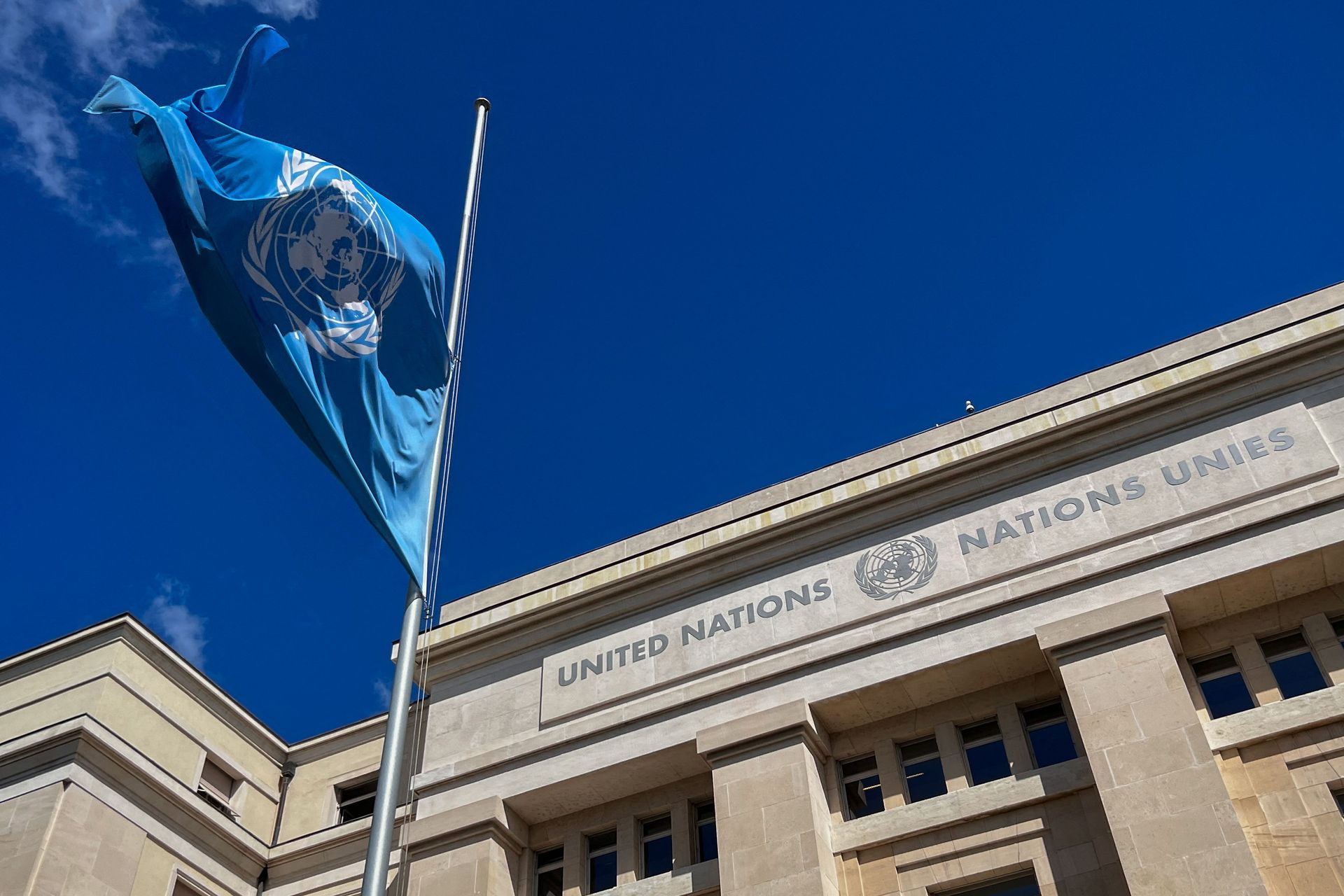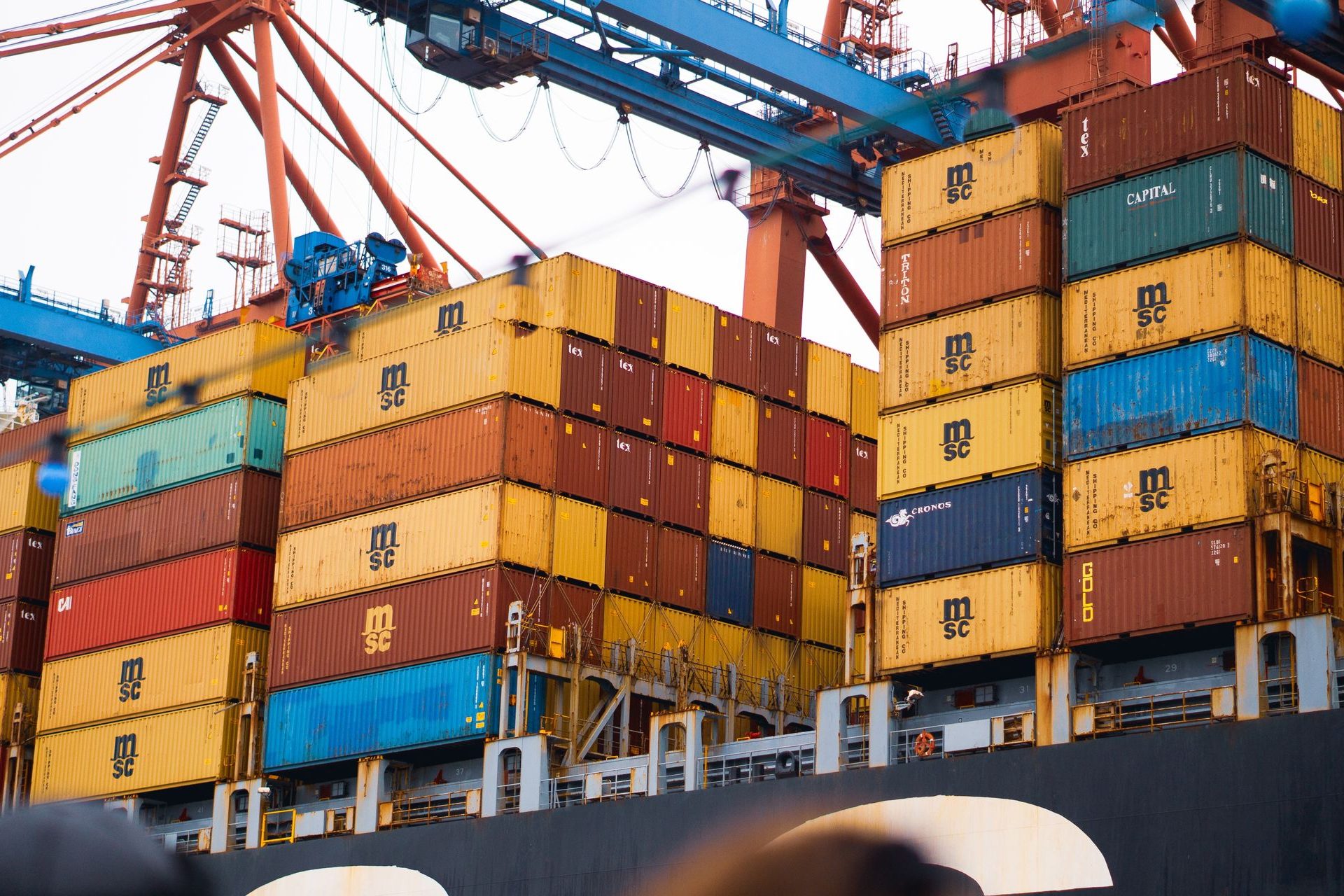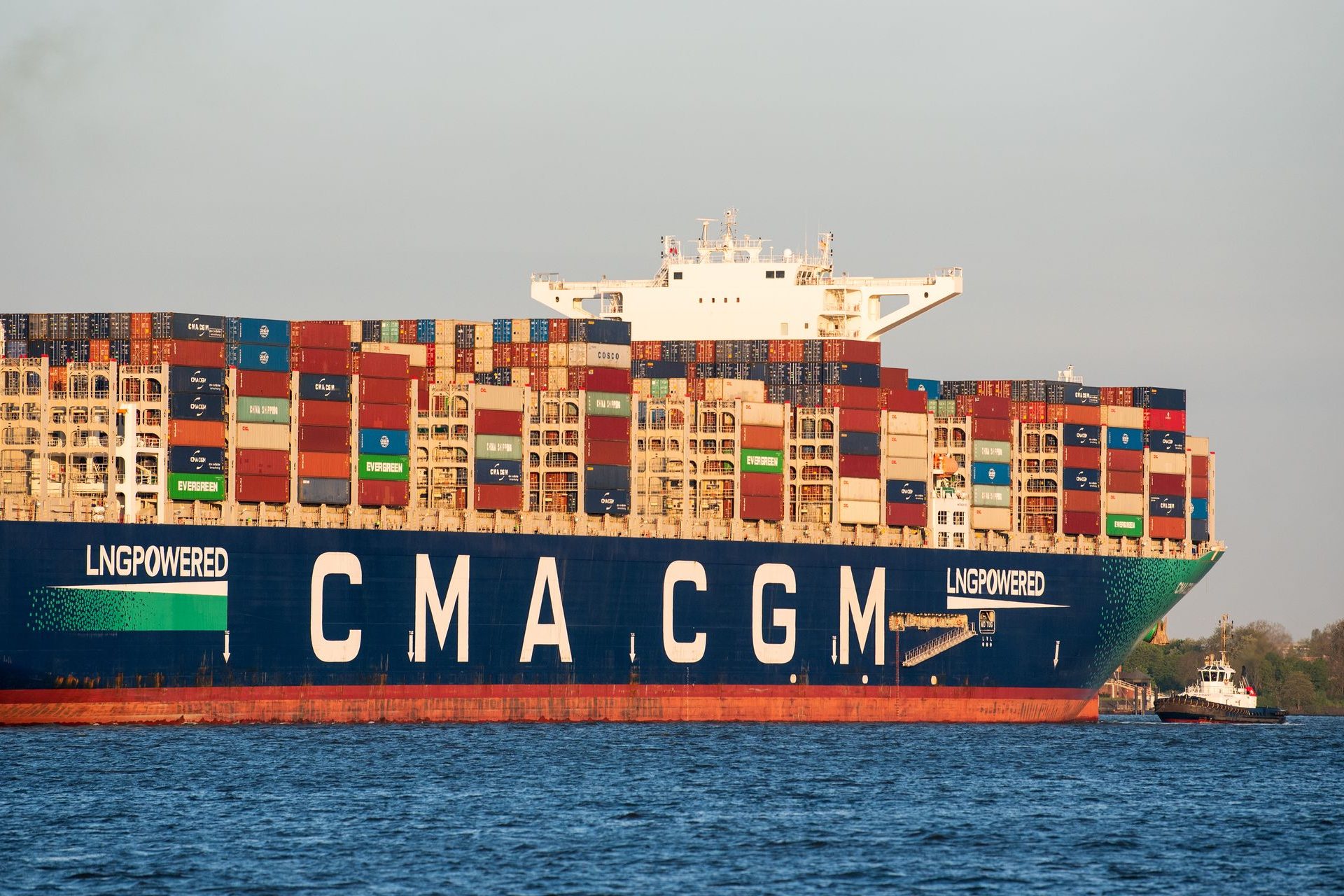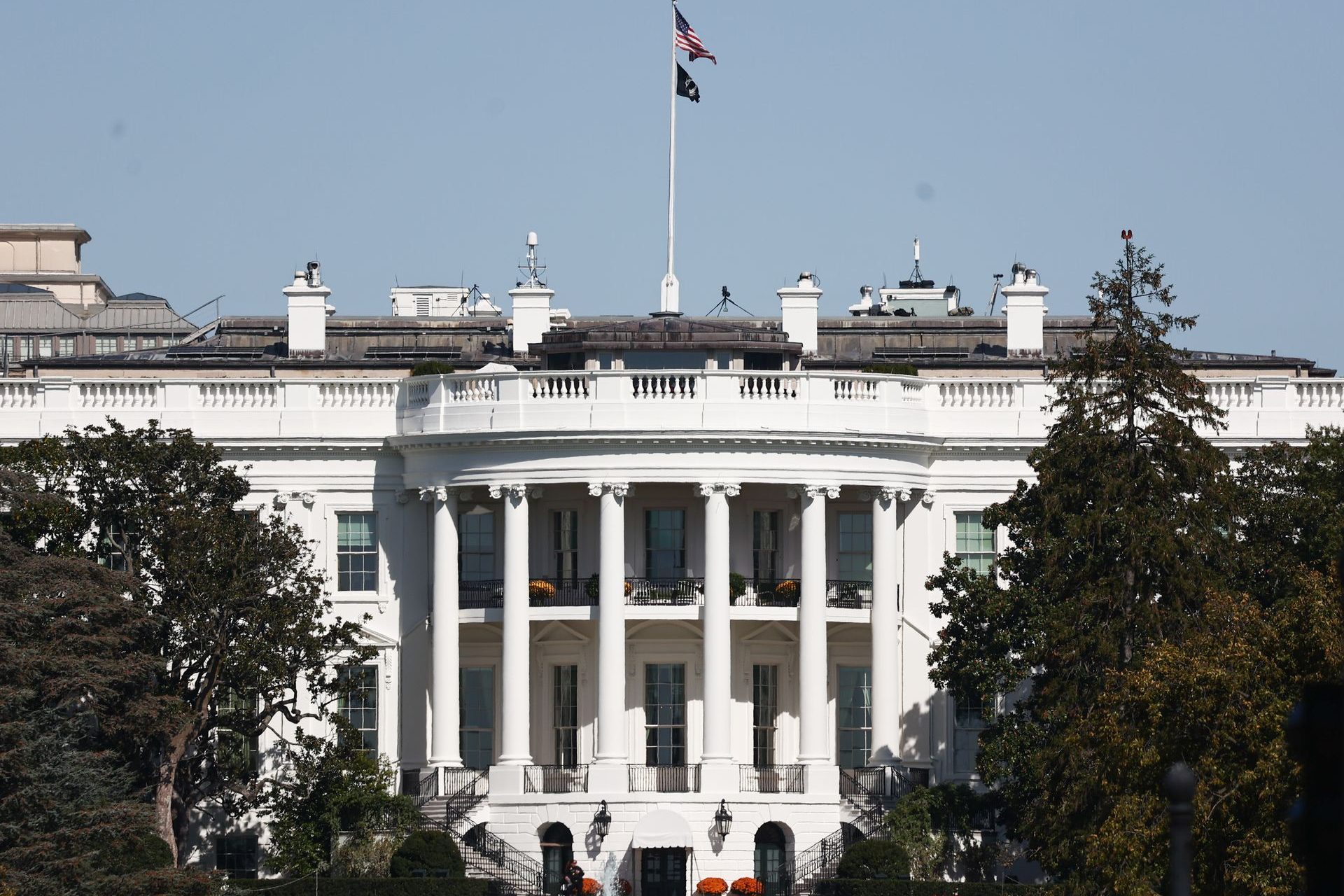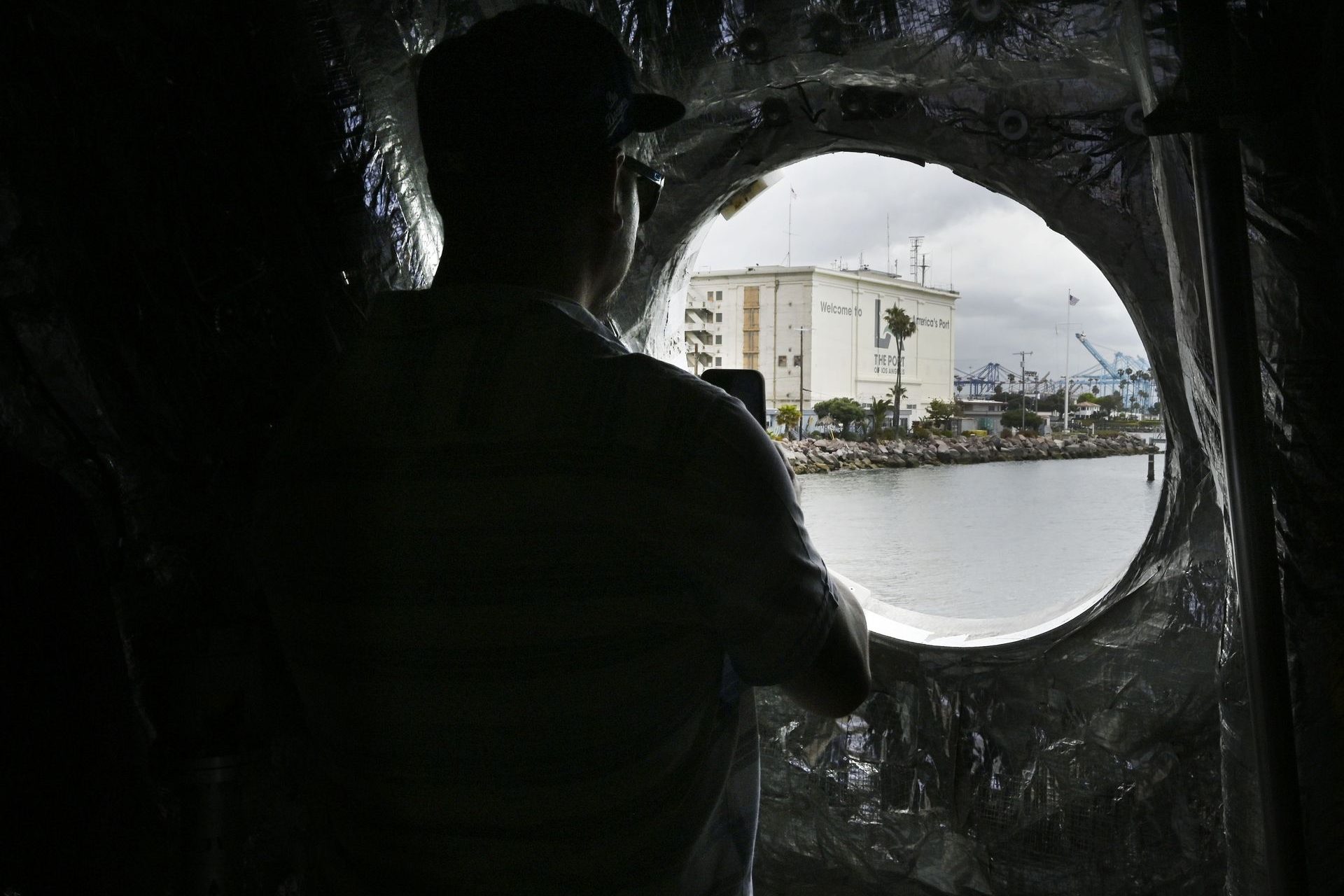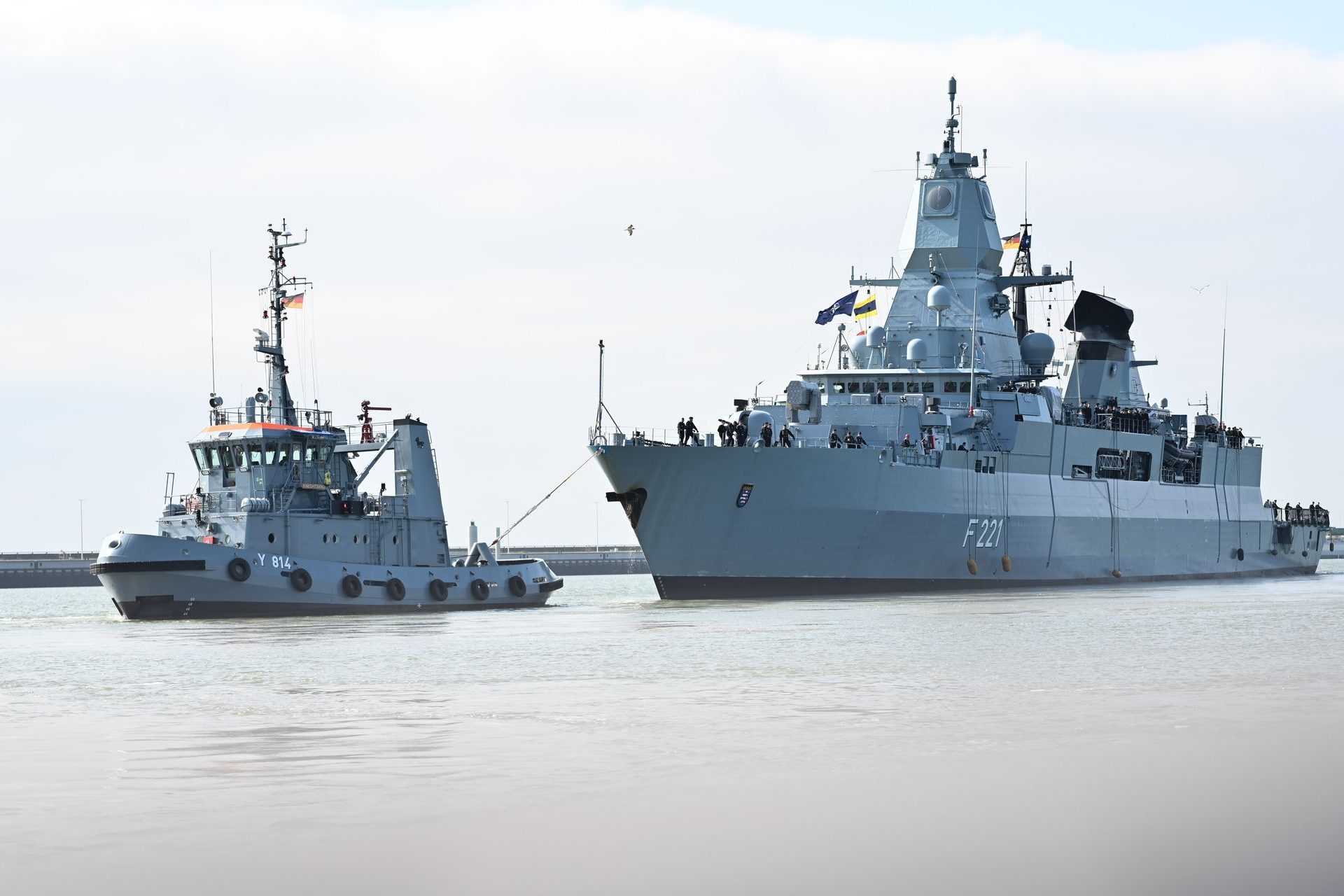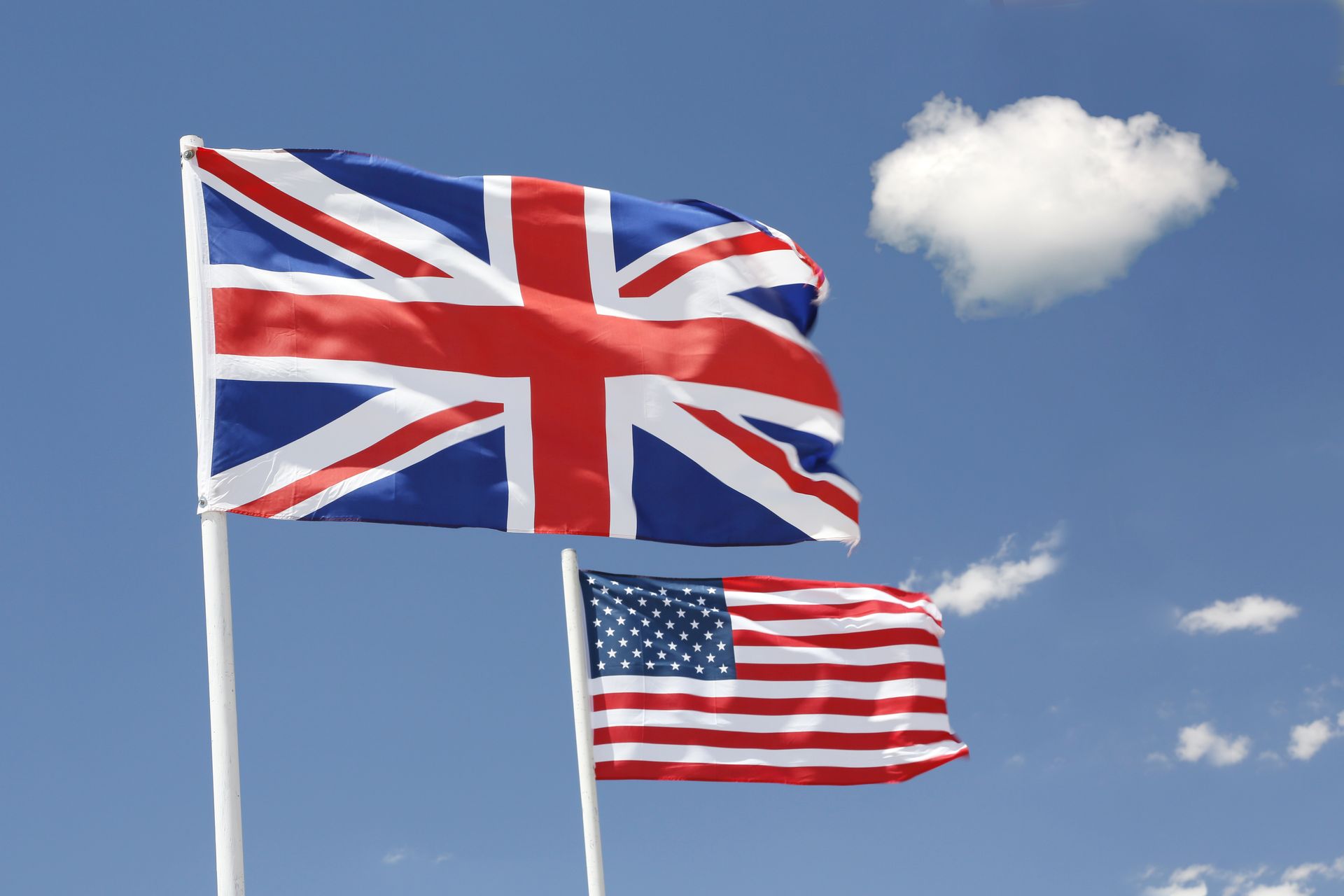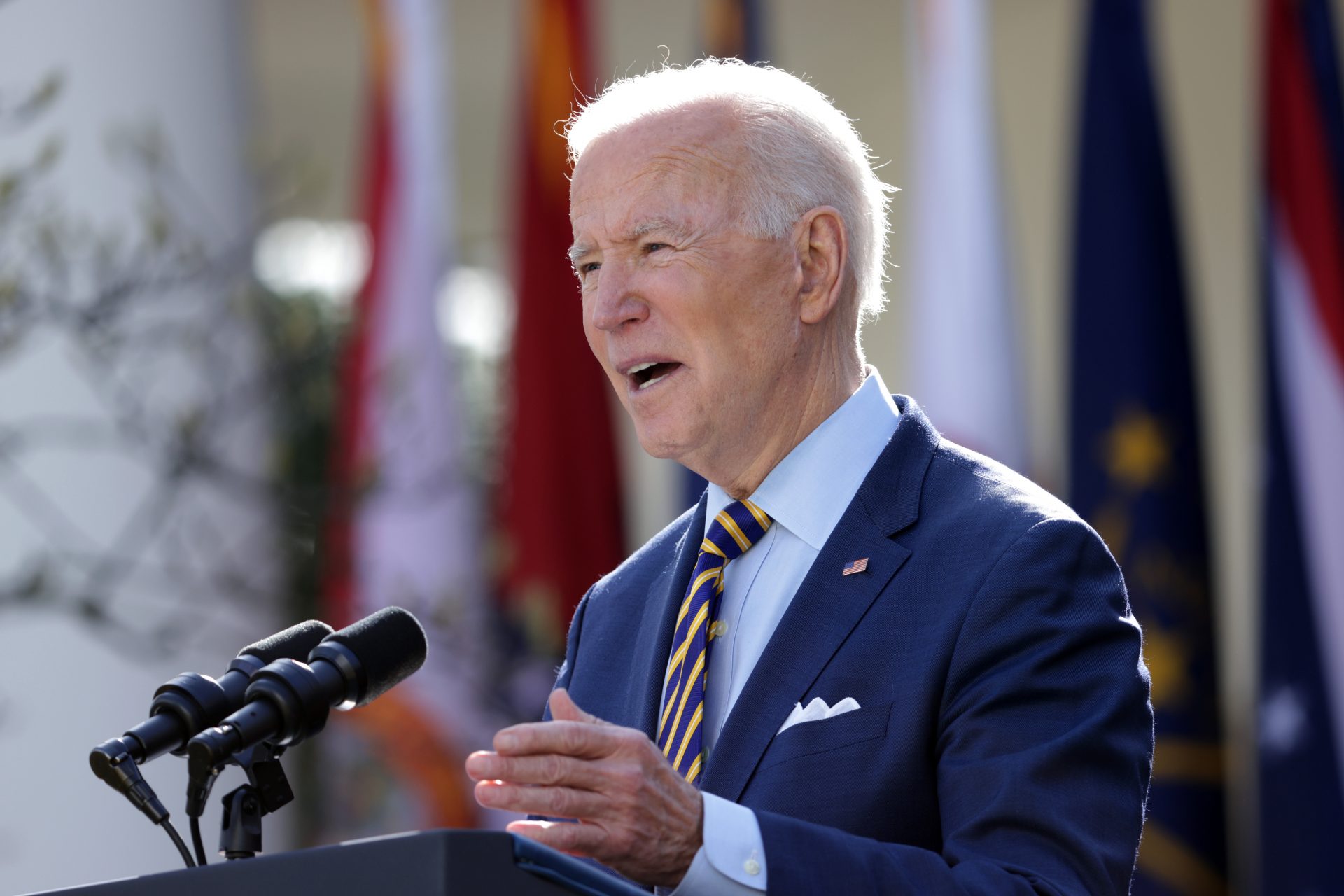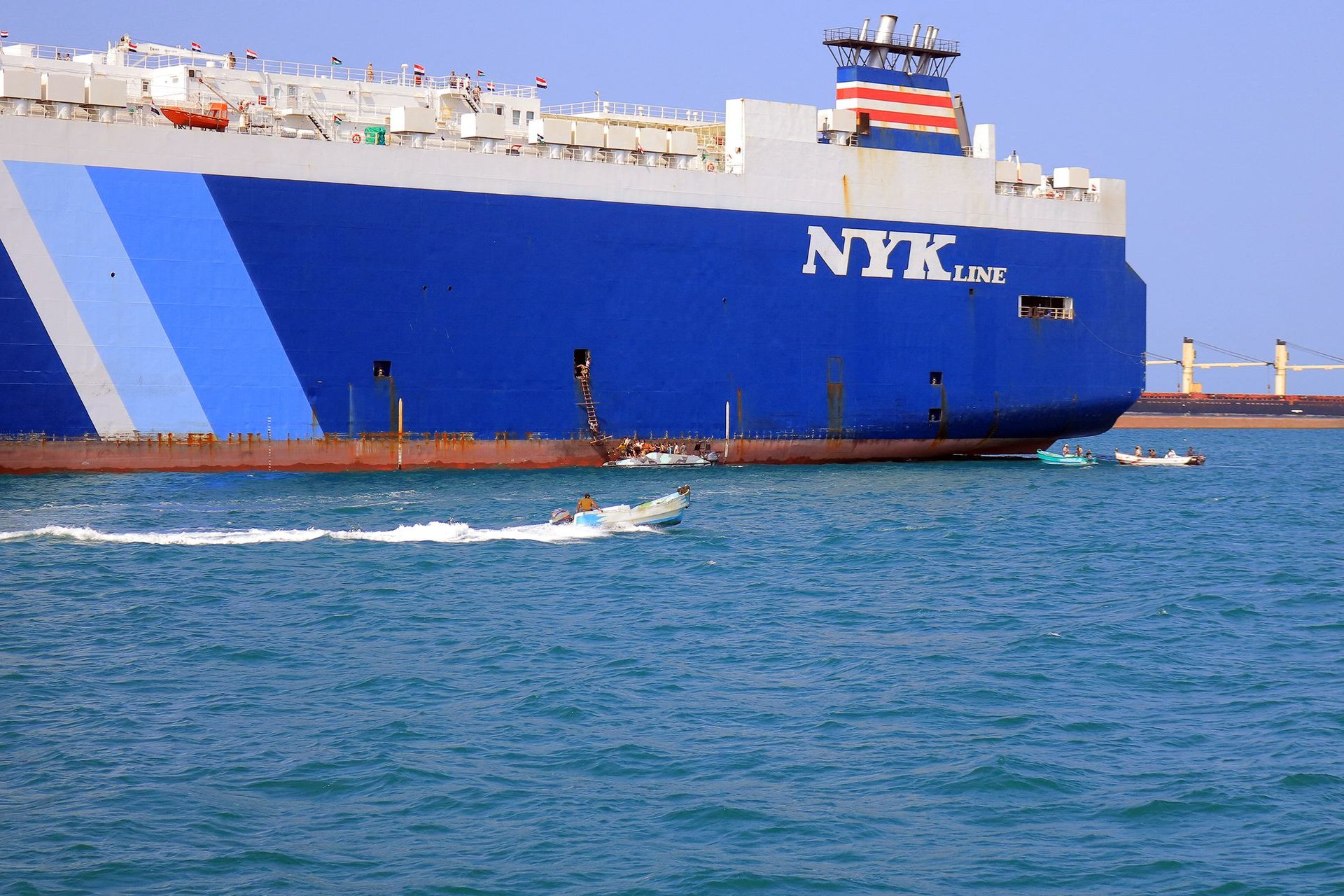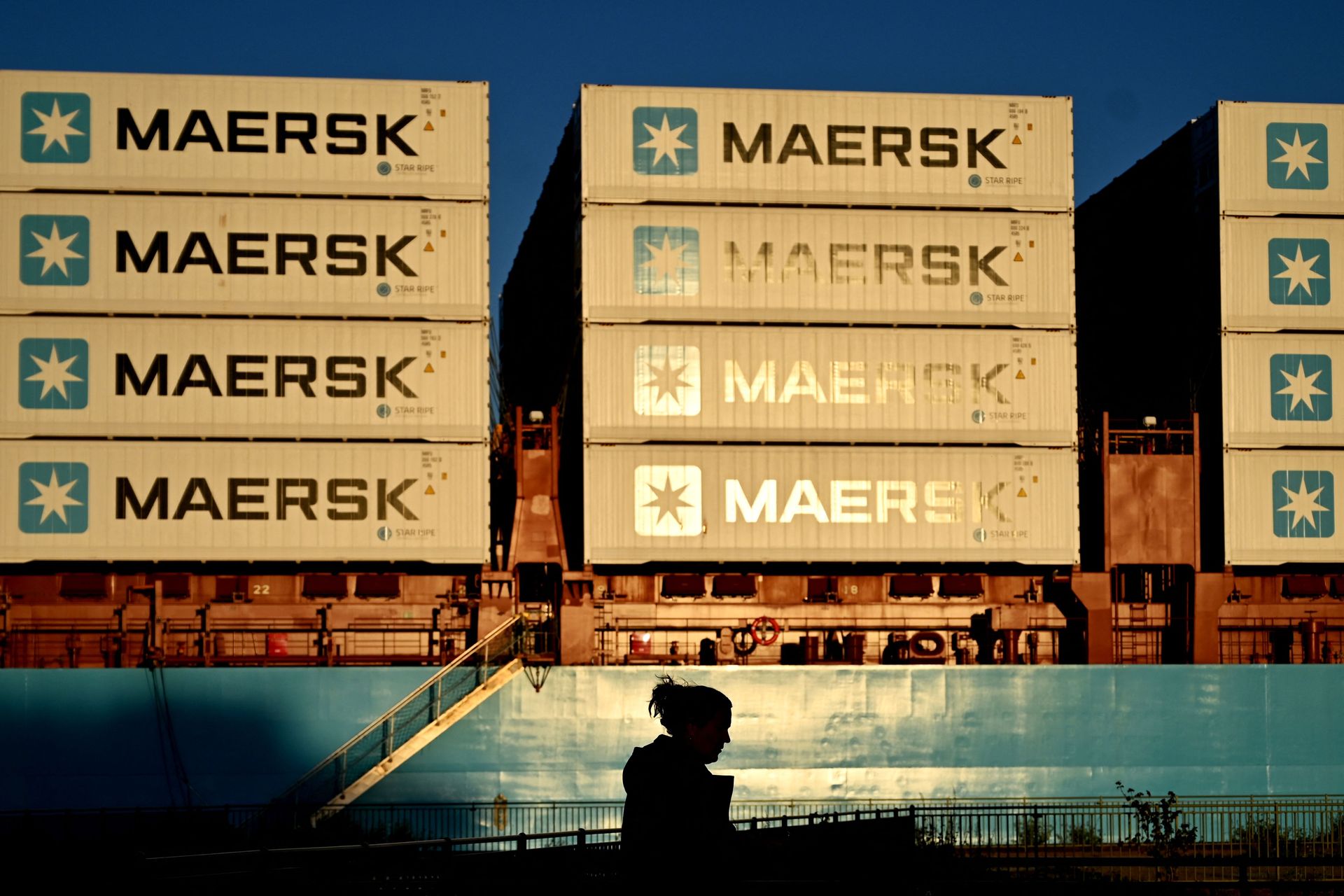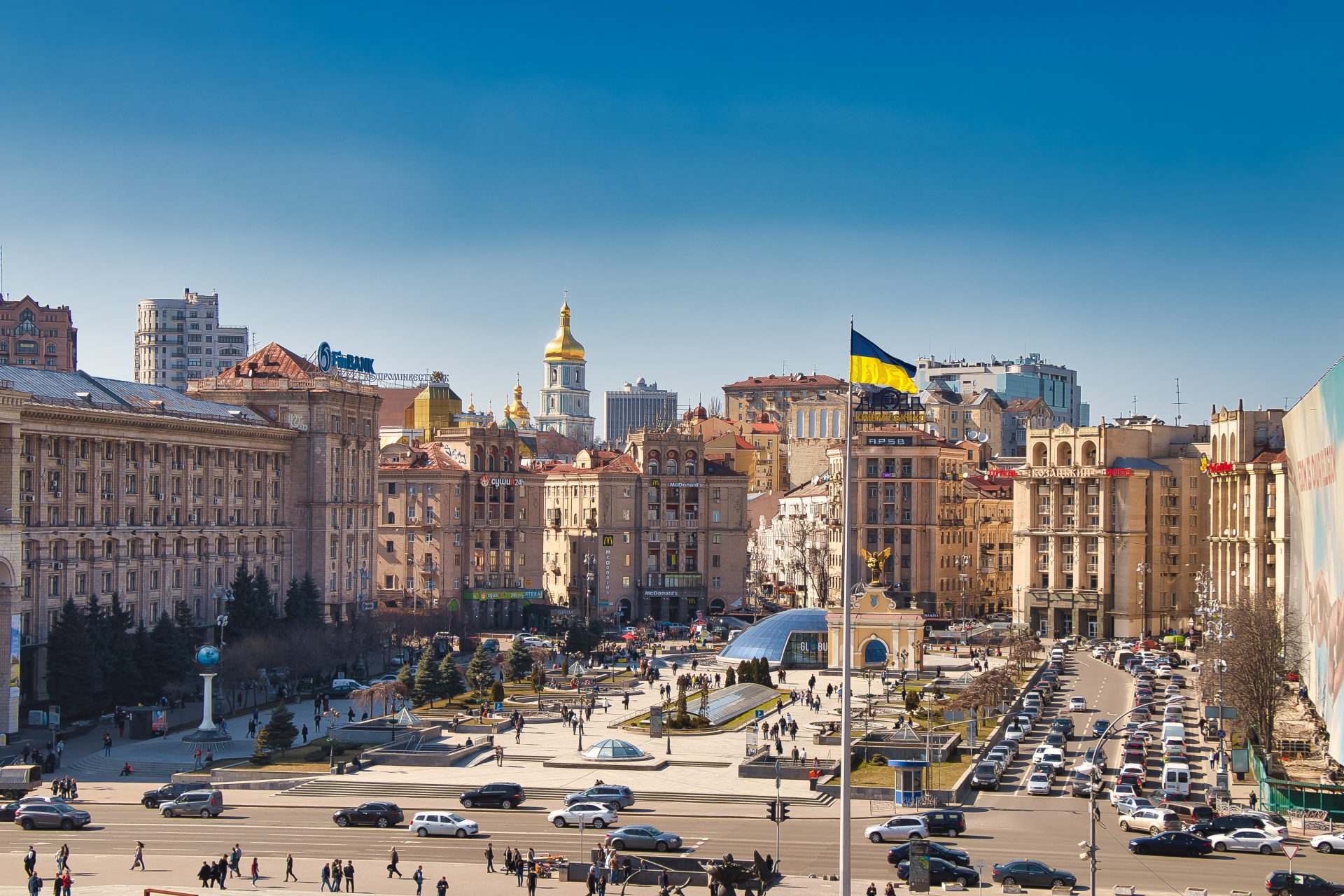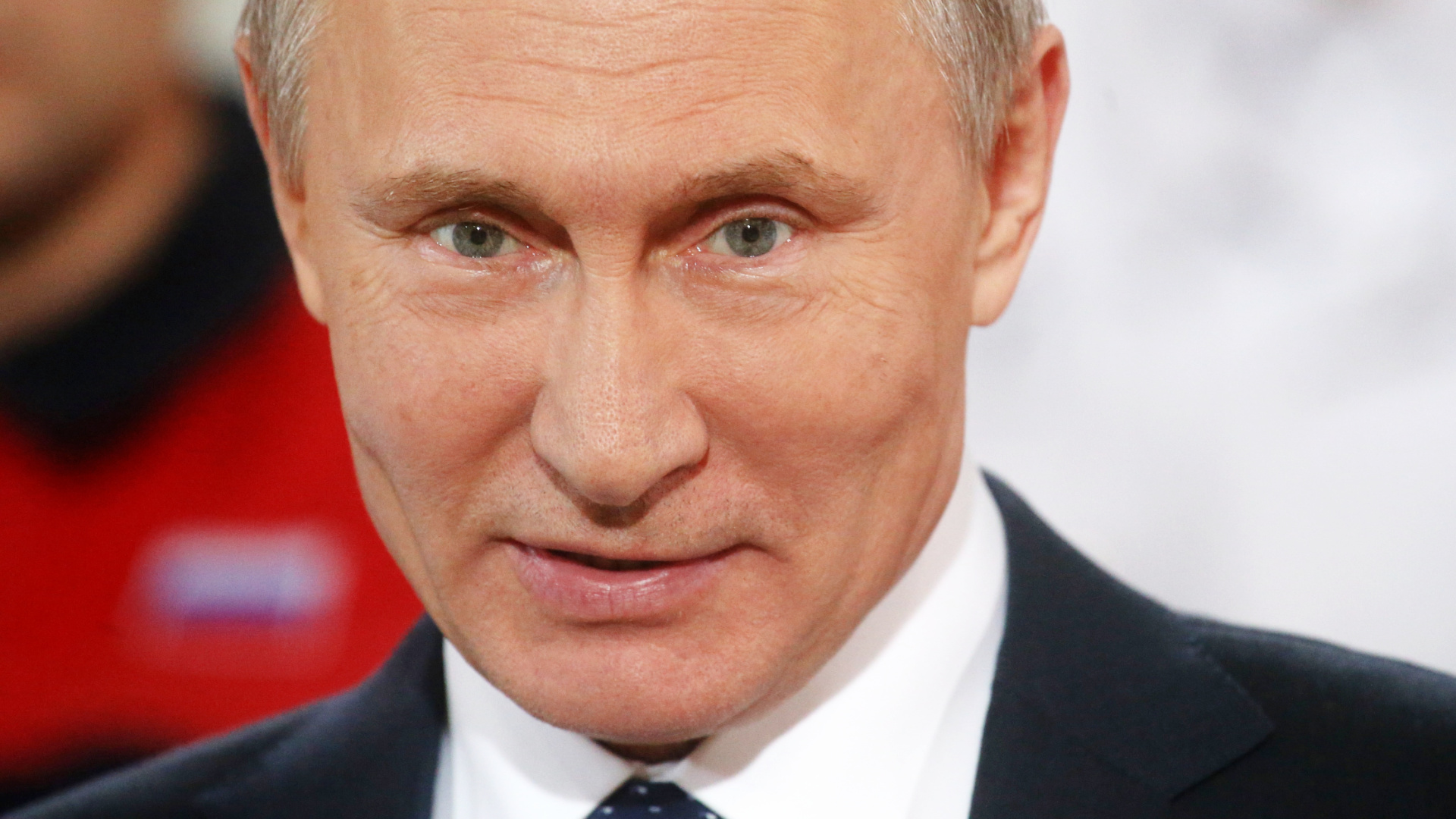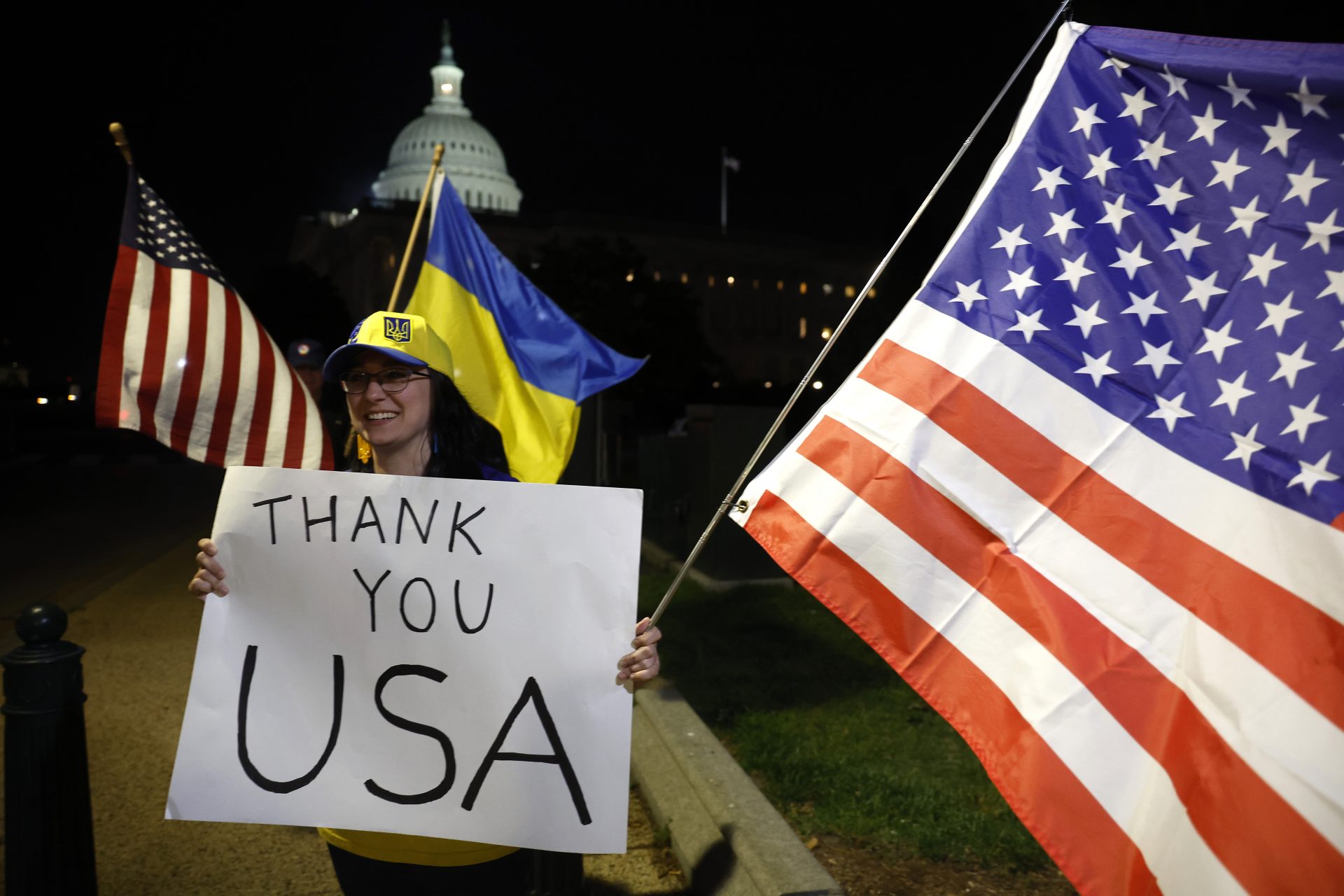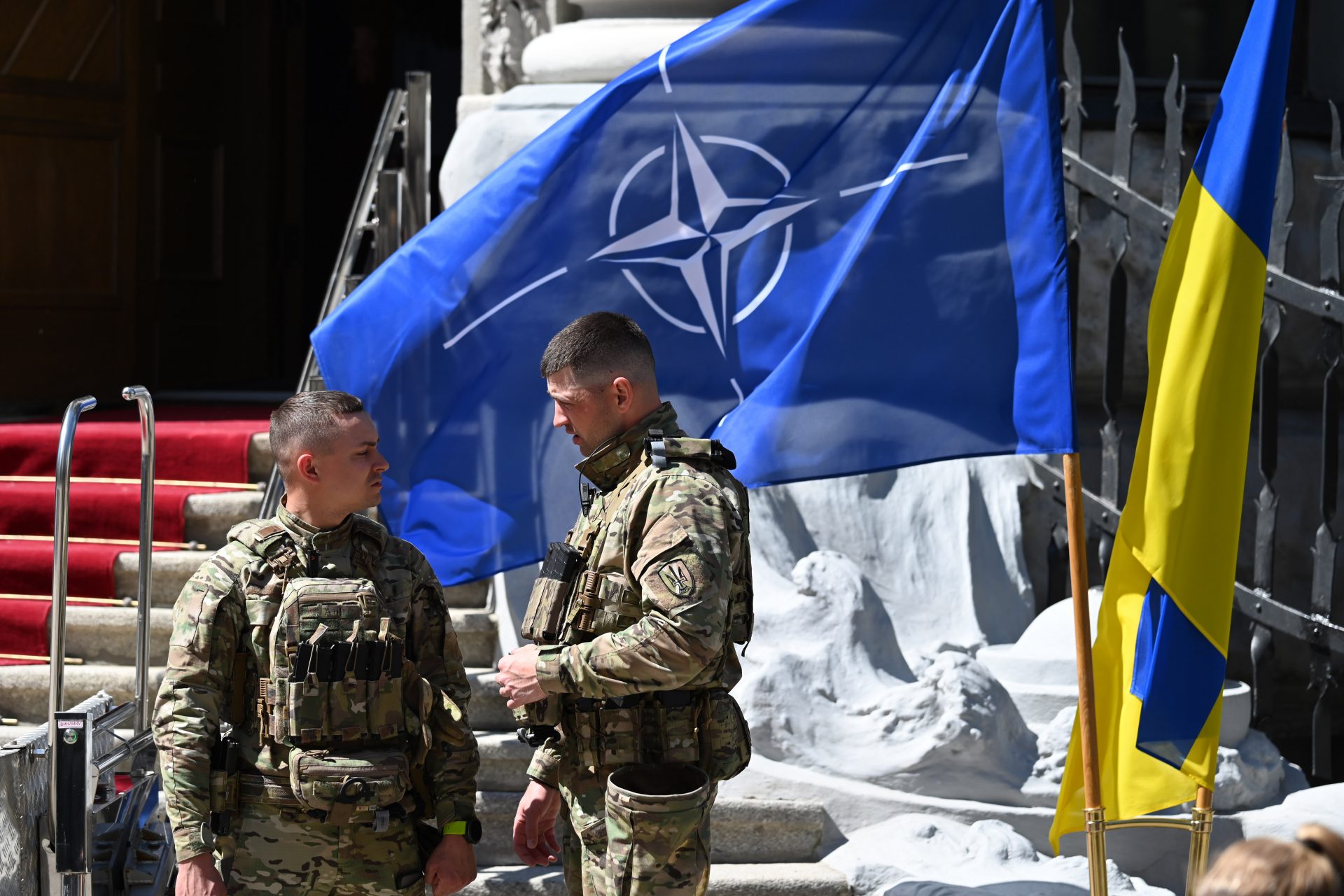Houthi attacks in the Red Sea increase worry over the spread of war
Three Houthi rebel boats in Yemen were sunk by American helicopters on December 31, 2023. These boats had launched a new attack on container ships in the Red Sea.
But what justifies establishing military operations in this strategic region for world trade? Join us as we explain the essentials to you in pictures.
Houthi rebels are present in Yemen, a country ravaged for several years by civil war. These rebels control part of Yemeni territory, including the capital, Sanaa and most of the Red Sea shores.
Since November 2023, the Houthis have launched a series of attacks on merchant ships in the Red Sea, in solidarity with Gaza, the Palestinian territory bombed by Israel in response to Hamas attacks carried out in October 2023.
But behind these operations lurks the shadow of Iran, Israel's sworn enemy. The mullahs' regime publicly supports the Houthi rebels, even if it denies having supplied them with weapons.
Photo: Akbar Nemati / Unsplash
“Iranian support for the Houthis is strong and includes deliveries of sophisticated military equipment, intelligence assistance, financial assistance and training,” the White House said in a press statement. release.
For several weeks, the Houthi rebels have been attacking merchant ships from 35 different countries from the coast of Yemen, using drones and missiles.
In total, 24 attacks had taken place in a few weeks as of January 3, 2024. That day, two missiles were fired near the Bab el-Mandeb Strait, without causing damage.
The Red Sea where these attacks take place is a strategic axis for international economic exchanges: as as the Belgian newspaper RTBF specifies, 20,000 ships transit there each year, which represents around 15% of world trade.
Photo: Single.Earth / Unsplash
Indeed, the Suez Canal into which the Red Sea opens connects the Indian Ocean to the Mediterranean Sea, and thus Asia to Europe. Obstacles to maritime traffic are therefore a major strategic threat.
Photo: Kyle Glenn / Unsplash
To avoid these risks, some shipowners divert their ships by taking them around Africa via the Cape of Good Hope, which slows down transit considerably.
“This represents an additional ten days to the journey, and of course has a negative impact on trade and an increase in freight rates,” denounced Arsenio Dominguez, the secretary general of the International Maritime Organization, before the Security Council of the United Nations.
Consequently, shipowners are increasing their prices. RTBF indicates that the transport of a 40-foot container between Asia and the Mediterranean will increase from 3,000 to 6,000 dollars by January 15.
Photo: Eilis Garvey / Unsplash
A dockworker from Artenay, near Orléans, told France Info that containers carrying massage tables from China currently cost around $5,000, compared to 1,200 to 1,300 at the end of November. The final price for the consumer of imported items could jump by 5 to 10%, again according to French public radio.
“The Houthis will bear responsibility for the consequences if they continue to threaten lives, the global economy and the free flow of trade in the region's critical waterways", insisted the White House in a press release co-signed by 12 states.
Concretely, the United States has formed an international protection force in the Red Sea, called Operation Prosperity Guardian, in which clost to twenty states participate.
American, British and French warships, such as the frigate “Languedoc”, are already present on site. Other countries such as Greece and Denmark have declared themselves ready to send reinforcements.
At the moment, the operation is limited to the protection of ships transiting the Red Sea. However, the United States and the United Kingdom have not ruled out taking more direct action against the Houthi forces.
However, Joe Biden prefers to avoid military escalation, seeing in these operations a trap set by Iran to spread the Israeli-Palestinian conflict throughout the region.
In the meantime, the crew of the Japanese ship "Galaxy Leader" has been held hostage by the Houthis since November 19. A situation that Tokyo plans to remedy by force.
However, shipowners must remain vigilant even if Operation Prosperity Guardian allowed them to return ships to the Red Sea. “The overall risk in the area has not been eliminated at this stage", declared the Danish operator Maersk, quoted by RTBF.
More for you
Top Stories



